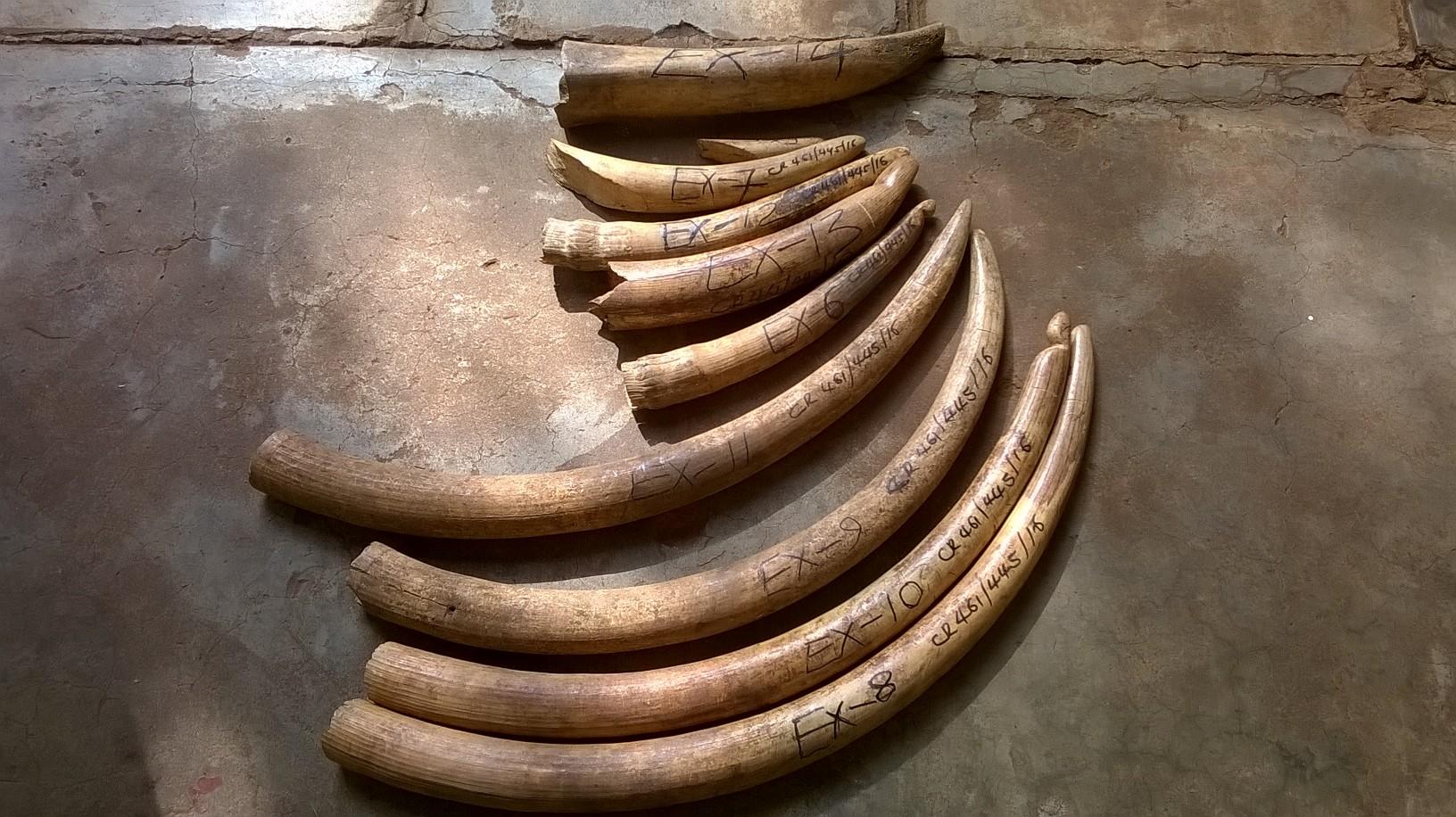Kenya leads the way in bringing poachers to justice

Your support helps us to tell the story
From reproductive rights to climate change to Big Tech, The Independent is on the ground when the story is developing. Whether it's investigating the financials of Elon Musk's pro-Trump PAC or producing our latest documentary, 'The A Word', which shines a light on the American women fighting for reproductive rights, we know how important it is to parse out the facts from the messaging.
At such a critical moment in US history, we need reporters on the ground. Your donation allows us to keep sending journalists to speak to both sides of the story.
The Independent is trusted by Americans across the entire political spectrum. And unlike many other quality news outlets, we choose not to lock Americans out of our reporting and analysis with paywalls. We believe quality journalism should be available to everyone, paid for by those who can afford it.
Your support makes all the difference.Kenya has sent a strong message that it will no longer tolerate wildlife crime by convicting an ivory poaching ‘king pin’ called Feisal Mohamed Ali.
Together with two other recent landmark rulings in north central Kenya, this conviction signifies a new era of the region cracking down on wildlife crime by bringing poachers and dealers to justice.
The other cases this month saw typical punitive action taken against wildlife criminals strengthened. A woman found to be in possession of 5kgs of ivory with a value of 0.5 million Kenyan shilling (approx £4400) was given a fine of £162,000 or face life imprisonment, while three men in another case had their bail set at KES 10 million (£81,000) after being found in possession of 10 ivory tusks weighing 22kgs.
In light of plummeting elephant populations across the African continent, revealed by the results of the recent Great Elephant Census, these rulings are being praised by conservation charities for helping to send a strong message that wildlife crime is now taken seriously.
Both magistrates involved in the rulings had recently attended a training workshop in Laikipia County, Kenya, run by the charity Space for Giants.
The charity works with members of the judiciary, prosecutors and investigators across Africa to build capacity along the entire criminal trial process to ensure strong poaching cases are brought to court.
Maurice Schutgens, Programme Manager at Space for Giants, says; “Transnational organised crime is a serious threat to Kenya’s elephants and rhinos. Now that magistrates have a better understanding of the scale of the problem they are better equipped to deliver proportionate sentences, as show in the recent rulings.”
Space for Giants worked in collaboration with the Judicial Training Institute (JTI) and The Office of the Director of Public Prosecutions (ODPP) to host the workshop in early October, which was funded by DEFRA to target the illegal wildlife trade. A total of six high court judges and 12 magistrates attended this latest training and an additional 50 actors involved in the criminal trial process have been trained since July this year.
Judicial discretion in the sentencing of wildlife offenders means that rulings have been varied across time and space. but Justice John M. Mativo, Judge of the High Court of Kenya, who also attended the workshop, said: "The time has come for Kenyan courts to boldly declare that protection of wildlife is a fundamental value of our society.”
As well as running workshops and developing training materials, Space for Giants’s Legal Strategy Team has drafted key legal recommendations relating to all aspects of wildlife crime and worked closely with the United Nations Office on Drugs and Crime, ODPP and Kenya Wildlife Service to agree on procedures for early prosecution engagement.
The charity, together with another local conservation organisation, WildlifeDirect, is also carrying out an intensive court monitoring study within the region (with a focus on all ivory and rhino horn cases) with the aim of developing model sentencing guidelines. A total of 30 cases are currently being monitored and Space for Giants is providing technical assistance to strengthen these cases.
Shamini Jayanathan, Director of Wildlife Protection at Space for Giants, says: “Kenya has one of the strongest pieces of wildlife legislation anywhere on the continent and we are delighted with the progress that is being made. Kenya is a Giants Club member, and we are now working with other member states to replicate this successful model to create a robust legal response to support frontline protection rangers on the ground.”
The other Giants Club states are Gabon, Botswana and Uganda. Together with Kenya, these countries are home to almost half remaining savannah elephants and some 70 per cent of the forest elephant.
Earlier this year the ICCF Group, Space for Giants and the Elephant Protection Initiative’s implementation charity Stop Ivory agreed to work together with host governments to strengthen criminal justice systems in elephant-range states in order to crack down on the illegal wildlife trade.
The partnership follows the pledge to collaborate to stop poaching and wildlife trafficking through strengthened laws and their improved application made by Stop Ivory and the ICCF Group at the inaugural Giants Club summit in Kenya in May 2016.
Join our commenting forum
Join thought-provoking conversations, follow other Independent readers and see their replies
Comments